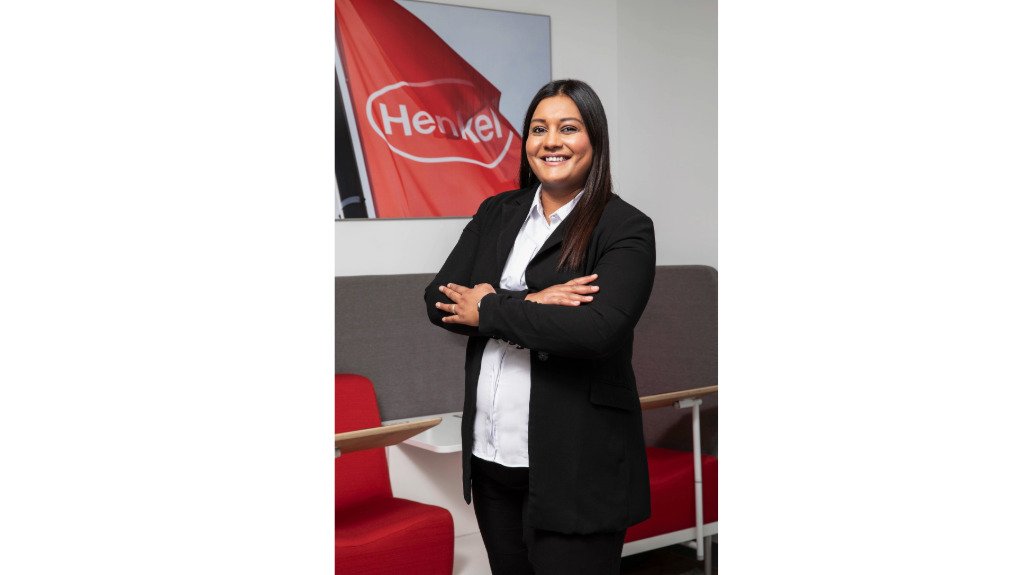With a strong commitment to diversity, equity and inclusion, and a concerted focus on maintaining a gender balance at all levels of the organisation, specialised manufacturer Henkel South Africa stresses the importance of developing credible initiatives that advance the careers of women in all its operations.
Henkel’s initiatives are oriented towards mentorship; science, technology, engineering and mathematics (STEM) education; supplier diversity; partnerships with nongovernmental organisations (NGOs); and training and development.
Its mentorship programmes connect high-potential female talent with senior leaders to provide guidance and support, which, in turn, will assist women in advancing their careers by developing the necessary skills for leadership roles.
The Henkel Women’s Network fosters connections, shared experiences and support for women’s professional growth. This initiative organises events, workshops and seminars that are focused on career development, leadership skills and work-life balance.
Recognising the importance of a healthy work-life balance, Henkel offers flexible working arrangements and parental leave policies to support women in managing their professional and personal responsibilities.
Further, the company supports various programmes aimed at encouraging young girls and young women to pursue STEM-oriented careers.
Henkel also collaborates with universities, professional organisations and recruitment agencies to attract female talent, particularly in traditionally male-dominated fields.
Highlighting it’s commitment to education, Henkel South Africa human resources manager Charlene Kotze notes the company’s longstanding commitment to female empowerment and community development, evidenced by its investment in the Tamaho Early Learning Centre in Katlehong, Gauteng, and its bursary programme in partnership with the University of Johannesburg.
The bursary programmeis tailored to the needs of every student, with the company covering tuition, accommodation, books and living allowances, ensuring that financial barriers do not impede educational progress.
“This programme has already supported 30 university students, with ten new bursaries awarded [every] . . . year,” Kotze adds.
Meanwhile, since 2007, Henkel has been supporting the Tamaho centre through a local NGO, covering operational costs and teacher salaries, besides other expenses. The centre currently accommodates 120 children, but will soon welcome an additional 120 children.
Kotze also highlights the significance of ensuring that Henkel job descriptions are free from gender-biased language, thereby appealing to a diverse pool of candidates.
The company aims to have gender-balanced shortlists for all its positions, while standardised evaluation criteria are followed to minimise unconscious bias during the recruitment process.
Edited by: Nadine James
Features Deputy Editor
EMAIL THIS ARTICLE SAVE THIS ARTICLE
ARTICLE ENQUIRY
To subscribe email subscriptions@creamermedia.co.za or click here
To advertise email advertising@creamermedia.co.za or click here













